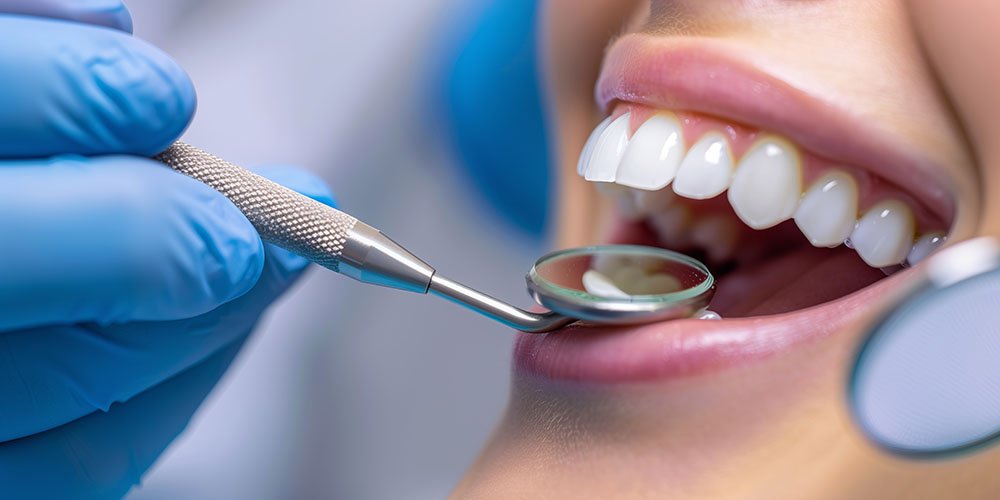Testosterone is a crucial hormone that significantly influences various aspects of male health, from muscle mass and energy levels to mood and sexual drive. When levels of testosterone decline, a range of symptoms can arise, potentially impacting one’s overall quality of life. Addressing these symptoms early can help mitigate their effects and improve well-being. So, what are the signs of low testosterone, and how do they affect daily life? Let’s explore this topic in depth.
Symptoms of Low Testosterone
Low testosterone, often referred to as hypogonadism, can manifest through a variety of symptoms. Men experiencing low levels of testosterone might notice a decrease in their muscle mass, fatigue, reduced libido, and mood swings. In addition to these, there can be other subtle signs that may go unnoticed.
Muscle Mass and Strength
A common concern is whether one can build muscle with low testosterone. This question is crucial for many men who struggle with fitness goals while managing low testosterone levels. Testosterone plays a key role in muscle protein synthesis and overall muscle maintenance. Therefore, low testosterone can make it more challenging to build and retain muscle mass effectively. Despite these challenges, it is not impossible to achieve muscle growth with low testosterone, though it may require a more tailored approach, including specialized training and nutrition strategies.
Energy and Fatigue
Men with low testosterone often report feeling unusually fatigued or experiencing decreased energy levels. This can be particularly frustrating as it affects daily activities and overall motivation. Testosterone is essential for maintaining energy levels, and when it is low, you might find yourself more lethargic and less motivated to engage in physical activities, including workouts.
Sexual Drive and Performance
Another significant impact of low testosterone is on sexual health. Reduced libido and difficulties with sexual performance are common issues faced by men with low testosterone. Since testosterone is closely linked to sexual desire and function, lower levels can lead to a diminished interest in sex and difficulties achieving or maintaining an erection.
Can You Build Muscle with Low Testosterone?
The question, “Can you build muscle with low testosterone?” often arises among men facing these symptoms. While low testosterone can pose challenges, it does not make muscle growth impossible. Engaging in strength training and maintaining a balanced diet rich in protein and healthy fats can support muscle growth even with reduced testosterone levels. Furthermore, consulting with a healthcare professional to explore treatment options such as testosterone replacement therapy might provide additional support.
Mental Health and Mood Swings
Low testosterone can also affect mental health, leading to symptoms such as depression, irritability, and mood swings. Testosterone impacts brain function and emotional regulation, so its decline can contribute to a sense of emotional instability or a lower overall mood. Addressing these symptoms through counseling or medication, in addition to managing testosterone levels, can be beneficial.
Managing Low Testosterone
Managing low testosterone involves a combination of lifestyle changes and medical interventions. Firstly, adopting a healthy lifestyle can make a significant difference. Regular exercise, particularly resistance training, can help maintain muscle mass and overall health. Alongside exercise, a balanced diet that supports hormonal balance is essential. Foods rich in vitamins and minerals, particularly those supporting testosterone production, can be beneficial.
In addition to lifestyle changes, medical treatments are available. Testosterone replacement therapy (TRT) is a common approach for managing low testosterone levels. This therapy can help restore testosterone to normal levels, improving symptoms such as reduced muscle mass and fatigue. However, it’s essential to discuss the potential benefits and risks with a healthcare provider to determine the best approach for your specific needs.
The Positive Outlook on Managing Low Testosterone
Despite the challenges associated with low testosterone, there are numerous ways to manage and improve this condition. With the right combination of lifestyle adjustments and medical treatments, many men experience significant improvements in their symptoms. Engaging in regular exercise, focusing on nutrition, and considering medical interventions can lead to better management of low testosterone and an enhanced quality of life.
FAQs
Can low testosterone affect sleep patterns?
Yes, low testosterone can impact sleep patterns, leading to issues such as insomnia or disrupted sleep. Addressing low testosterone levels can help improve sleep quality and overall well-being.
What are the long-term effects of untreated low testosterone?
Untreated low testosterone can lead to ongoing issues such as decreased bone density, increased risk of cardiovascular diseases, and persistent fatigue. Seeking treatment can help mitigate these long-term effects and improve overall health.
Is testosterone replacement therapy safe?
Testosterone replacement therapy can be effective for managing low testosterone, but it is essential to discuss potential risks and benefits with a healthcare provider. Regular monitoring and adjustments may be necessary to ensure safety and efficacy.
How long does it take to see results from testosterone replacement therapy?
The timeframe for seeing results from testosterone replacement therapy can vary. Many men start to notice improvements in energy levels, mood, and muscle mass within a few weeks to a few months of starting the therapy.
Understanding and managing low testosterone can significantly impact one’s overall health and well-being. By recognizing the symptoms and exploring various management strategies, you can work towards achieving a better quality of life, regardless of the challenges posed by low testosterone levels.





